Understand, Manage and Leverage Your Ancient Instincts
What does it mean to be human? Where does all our pain or pleasure come from? These questions are deep and philosophical. They are the stuff of religion and metaphysics and other esoteric arts. They can be endless and those discussing these ideas can go round and round for hours, but not make any progress. In this post, I’d like to posit another theory. One that will not only help us understand human nature, but be an effective model from which to operate that will allow us to minimize pain and maximize pleasure.
Total Objectivity
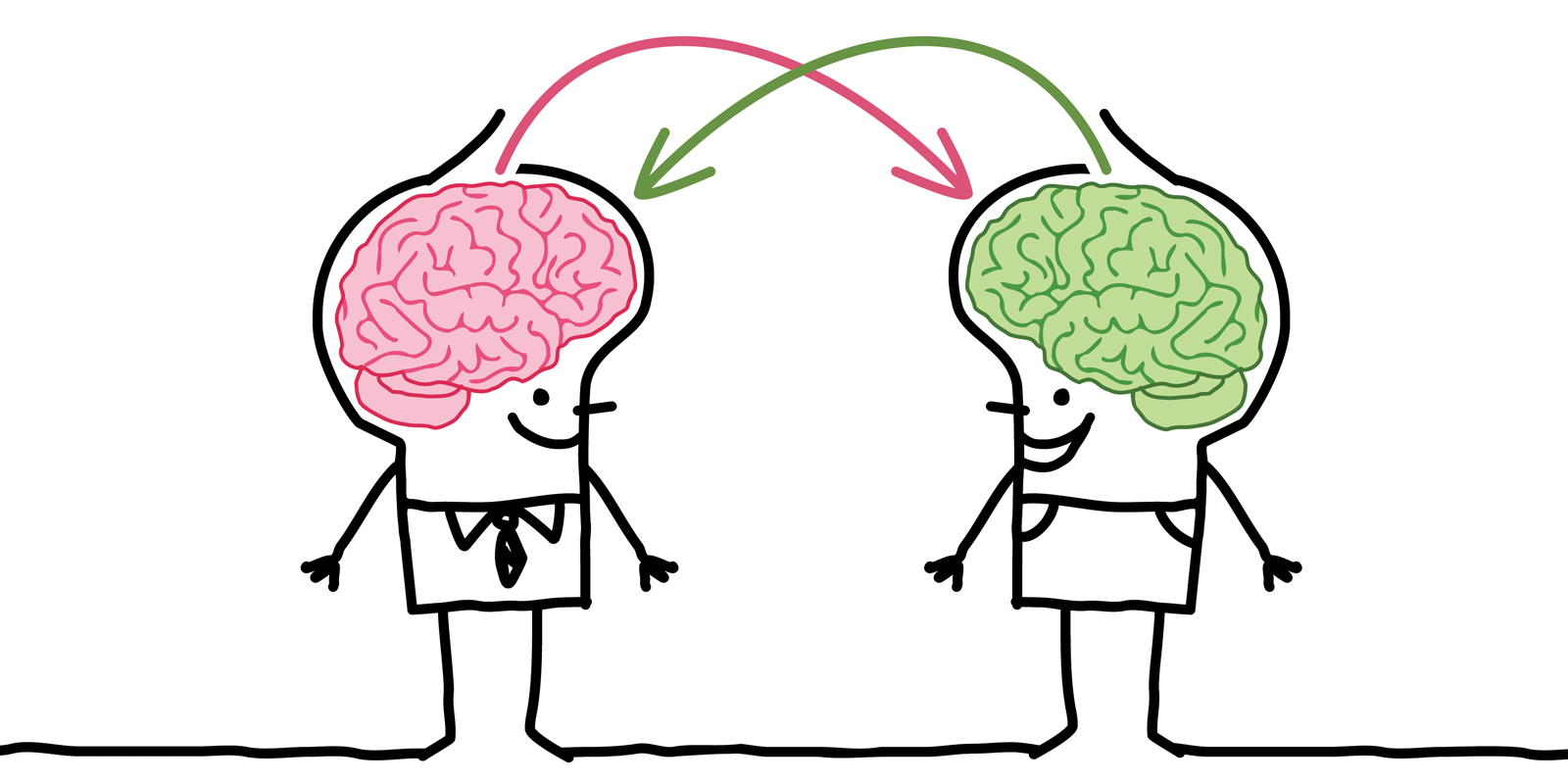
This will require total objectively. And it will require that we temporarily shut off all ideas about religion or metaphysics or anything outside of the range of biology or science. If we are spiritual beings, we are still within a physical body. And our physical bodies are constrained to the physical world. Our minds, our emotions, our desires, our wants and needs are equally constrained to the physical world.
No Shoulds Allowed
The object of science is purely descriptive. This means it intends to look at something unexplainable, and find an explanation. It turns confusion into understanding. It only intends to describe what is happening. To be sure, there are usually reasons that description is desired. Scientists want to understand how combustion works so they can create a combustion engine. If they have a combustion engine, they can do more work. Who that work ultimately benefits is besides the point. Before anybody can benefit from that work they need to first understand the process.
In our study of human nature, we will not use the word “should.” For example, the realm of morals and ethics are based on shoulds. People shouldn’t kill other people. People shouldn’t cheat on their taxes. People should follow the law. People should use correct grammar when writing blog posts. All of these are prescriptive ideas. Ideas that intend to manage behavior. That is not our intention. Here, our intention is only in understanding why some things are hard, and some things are easy. Whether or not any individual would like to lose weight isn’t up to us. We only want to know why losing weight, should you decide to do so, is difficult for a great many people. And how to make it easier, if that is what you want to do.
Many Other Desires Are Difficult
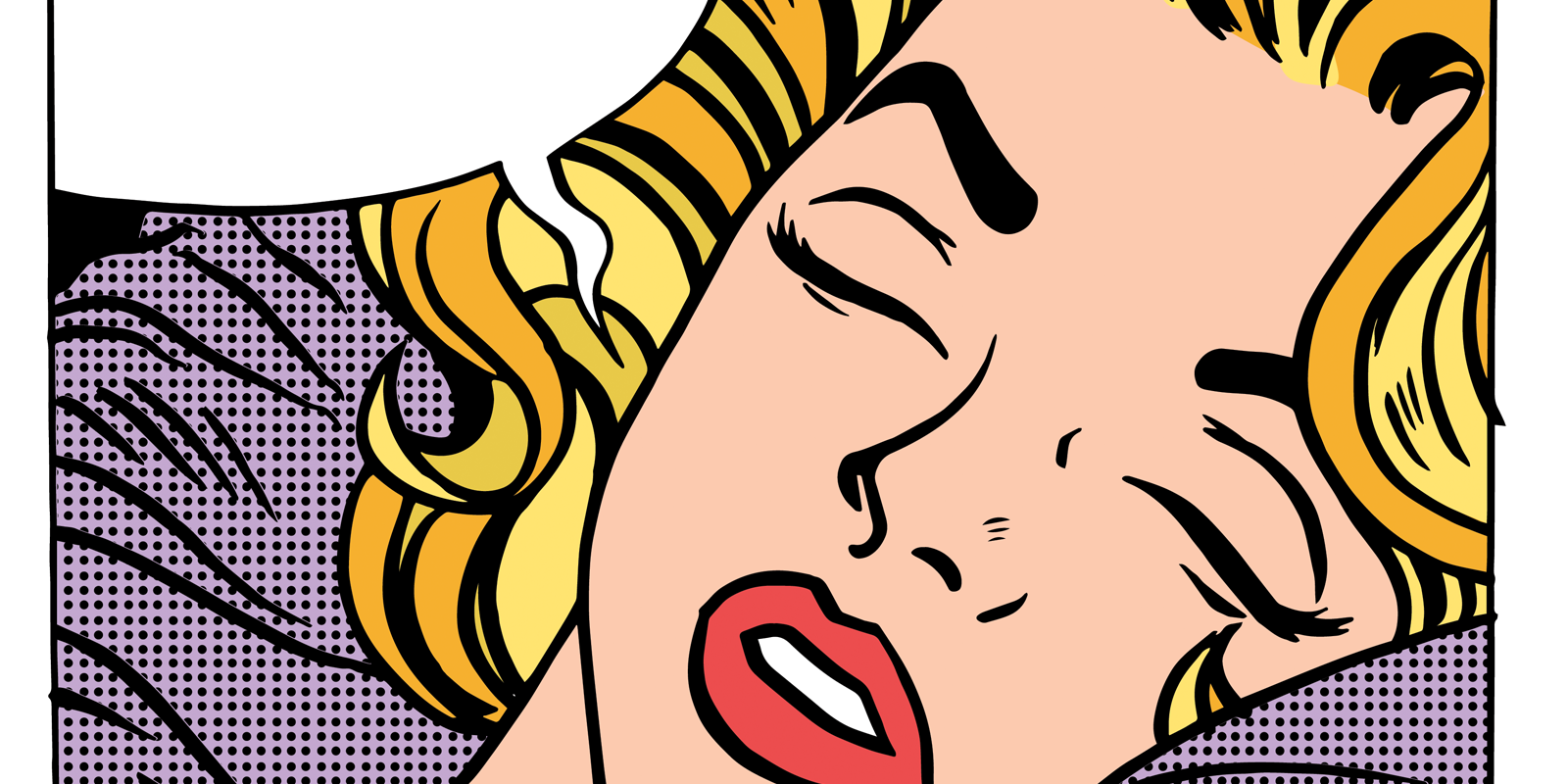
Not only is losing weight hard for a great many people, but so are other things that are commonly sought. We all would like more money, yet most of us never make much more than we currently do. We would all like to have more free time, but we never seem to find the time. We would all like to be held in higher esteem by our peers, but the perfect balance of social recognition always seems just out of reach.
Theory Generation Model
When scientists intend to understand why things work, they first come up with models. They look at something happening, and then try and figure out why. Since most things that are being studied are complicated, they need to come up with complicated models. First they come up with the model, then they see if what they measure meets with what the model would predict. That is what this post will be. A model for you to consider regarding human behavior. Model that intends to help you live a “better” life, which includes less discomfort, and more comfort.
First Definition
Comfort and discomfort are not enough. We need to describe the time frame. If you chose to do anything that is comfortable now, you might not be comfortable later as a result of that choice. We will define a “better” life which maximizes comfort as experienced now and as expected in the future. When we say we want to minimize discomfort, we want to minimize now, and in the future.
Model – First Part

Why do humans feel pain and pleasure? In our current society structure, it doesn’t make much sense. It seems that in many areas, when we try and increase our pleasure, we only increase our pain. Why is this? Why would we exist in such a terrible situation? As we did before, we need to take time into consideration.
How Long Have Societies Been Like This?
Modern society has only been around for a couple hundred years, or even only a couple decades, depending if you include things like the Internet and even social media as part of modern society. Fifty years ago we had electricity and fast travel, and a few channels of entertainment on TV. Fifty years before that, TV hadn’t been invented yet. We had electricity and fast travel, and books. Fifty years before that (we’re now talking about 150 years ago, or the time of the civil war) electricity was first starting to be used. Fifty years before that, we had candles and books and horses. Only going back two hundred years, we find that society was vastly different than it is today.
How Long Have Humans Been Around?

Humans have been humans for anywhere between 50,000 years to 300,000 years ago. Scientists are still finding fossils and other evidence, but let’s assume that the smallest is most correct. Consider that the time we’ve been humans (50,000 years) to the time we’ve been using electricity (200 years). 200 out of 50,000 is 0.4%. This means humans have been using electricity only 0.4% of our existence on Earth. Right off the bat we can say that modern life is NOT the life we humans are used to.
What Life Are Humans Used To?
Agriculture was invented about 10,000 years ago, and took a few thousand years to spread around the globe. The first large societies (that we know of) didn’t pop up until 3000 BCE (5000 years ago). This means that humans have only been living in large civilizations for 10% of our time on Earth (5000 years ago vs. 50,000 years ago).
How Long Does Evolution Take?
This is a tricky question, but it’s generally agreed upon that evolution is a very slow process. Much too slow to be seen in any one lifetime, or even a collection of generations. If you had a time machine and a universal translator, humans back 5,000 years ago wouldn’t look and behave much differently than they do today, expect for the advances in technology. But beyond 50,000 years ago, they might. This is why 50,000 years ago (and up to 300,000 ago) is generally when humans stopped being non-humans and started being humans.
Basic Idea
The idea of this model of human behavior is that our wants and needs (which are automatic and not subject to our choice, otherwise we could simply choose to enjoy healthy food) were created as instincts.
What Are Instincts?
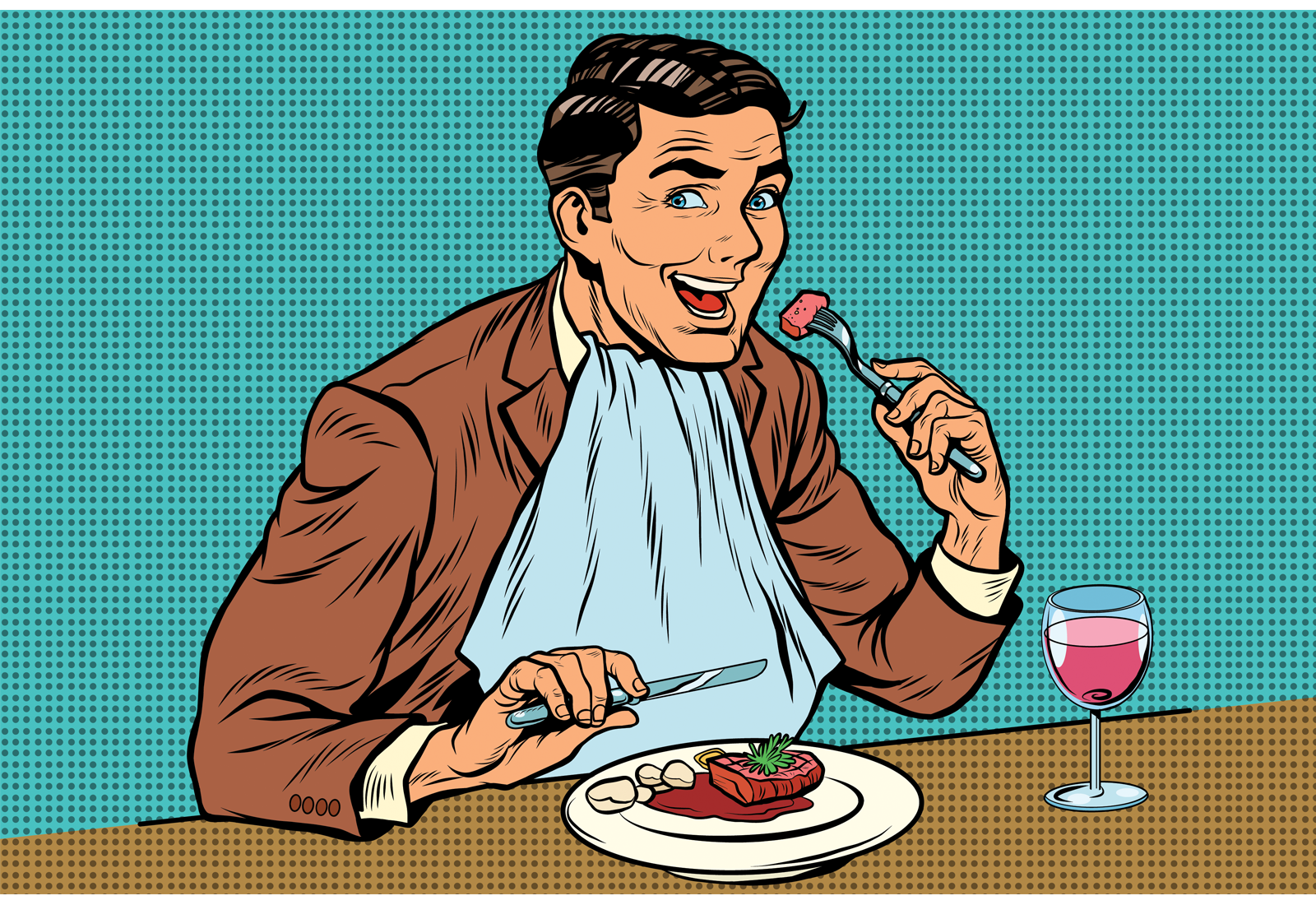
Instincts are compulsions which drive us to do things. Hunger is the easiest example. When we get hungry enough, there’s not much else we can think about until we eat something. Sexual urges are similar. If you have a lot of sexual energy, it’s hard to focus on anything until you take care of that urge, any way you can.
Instincts Slowly Change To Match The Environment
Those with instincts that are a good match for the environment and the survival of the instinct carrier are better than ones that aren’t a match for the environment. How does this work? Imagine an ancient human that loved the taste of tree bark. He didn’t want anything except tree bark. Everything else tasted like crap. This wouldn’t give that ancient human sufficient energy, so they would likely starve to death. Over time, those ancient humans that had a craving for tree bark didn’t last long.
Which Instincts Worked Best?
We can make a rational guess that the instincts that tended to work best were the ones that most people had back in that ancient environment. This means we can reverse engineer what they would have been, given the ancient environment. Once we see what they were, we can see how that matches with how we feel today in certain situations.
Reverse Engineering Instincts
If we try and guess what our instincts are from inside our own minds, it’s easy to not only get confused, but to fall into prescriptive (should) thinking. Instead, we’ll need to stay as objective as possible. An easy way to do this is to first imagine what it must have been like for our hunter-gather ancestors. Then we can do some simple mind experiments to see which instincts would have been more likely to give a particular cave person a survival advantage.
Chimps To Humans

We split off from chimps six million years ago. Anatomically correct humans came about between 300,000 and 50,000 years ago. Big societies weren’t formed until 5 to 10 thousand years ago. So we can assume that most our instincts were “calibrated” during a time when we lived in small tribes of people, or proto-people. That’s the basis for our mind experiment. A tribe of about 300 people. What instincts would work best in that environment? What compulsions (things we want or need to do without needing to think about it) would be the most helpful?
Food
Getting something to eat wasn’t easy. In fact, it was dangerous. So, let’s try and imagine the ideal level of hunger for our hunger instinct. Imagine a tribe who didn’t decide to go hunting until they were really, really hungry. Supposed it took an average of a day to kill something big enough (or enough animals big enough) to feed the tribe. If they only waited until they were REALLY hungry, they run the risk of starving. Hunting takes energy. Chasing down animals that are running away from you all day takes energy.
Ever Present Hunger
The tribe that was likely the most successful were the people who were always interesting in eating, no matter what. Since having a consistent source of calories is a life or death thing, those that were most compelled (hungriest) were the most likely to survive. It was a survival skill to always be hungry, and always willing to go and kill something to eat.
Sexual Desire
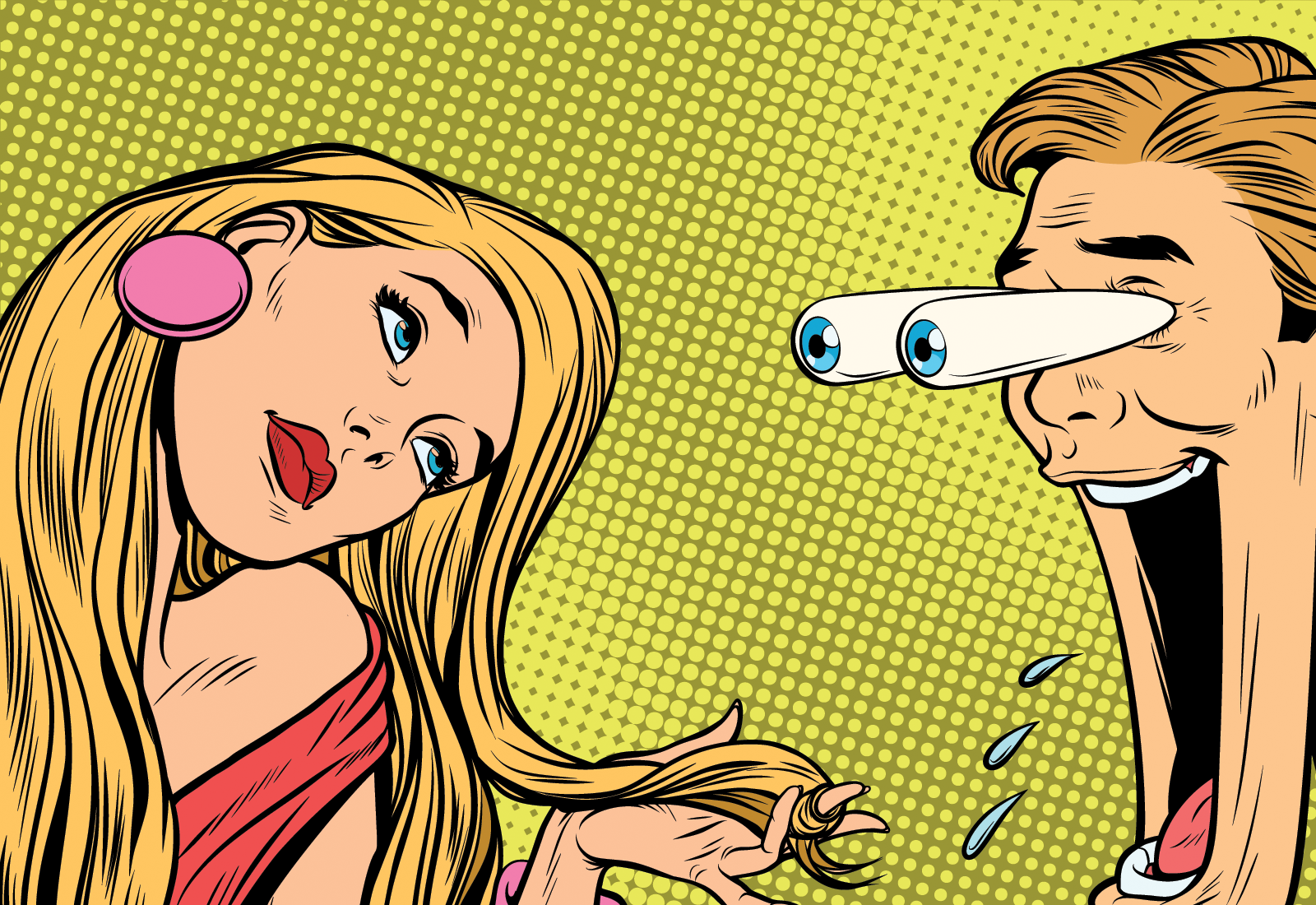
This is a very complex subject. If you’re interested in a much deeper treatment of the evolution of human sexual desire, consider the Red Queen, by Matt Ridley. This gives a deep treatment of how and why we think the way we do about sex. Suffice it to say that similar to food, (for men at least) being hornier than there is available sex is a benefit.
Think of it this way. Women are only fertile in a small window every month. And secondary purpose for existing (or the primary, depending on how you see things) after eating is making more people. So imagine that a cavewoman is good to go, and she has a few cave guys to choose from. Since men pursue women, then whoever is most interested (assuming he passes her tests) will win her attention. One of the primary drivers of how much a man pursues a woman (now and back then) was/is how high his sexual interest is of her. This sounds obvious and self-explanatory, but think about what it means.
Being Horny Is A Survival Trait
Imagine two cave guys. One who was only kind of horny some of the time, and another who was super horny all of the time. All else equal, the always horny guy would be more likely to pass those “always-horny” genes down, as he was more willing to pursue any opportunities of sex. Much like hunger, being horny evolved in situation where the horniness was always greater than the opportunity to satisfy the horniness. (Like the desire for food always had to be greater than the amount of food available).
Female Standpoint
From a female’s standpoint, she had to be as attractive as possible. All else equal, the female that could attract the most male attention, however she managed to do so, was more likely to pass on those genes down to her children.
Social Status

Humans will tend to organize in hierarchies. Scientists put a bunch of random people in a room, and they will organize into hierarchies. (Read Cialdini for more details.) Baseball teams are organized into hierarchies. School clubs are organized into hierarchies. Companies are organized into hierarchies. Ancient tribes were also organized into hierarchies. To make sure, let’s imagine two tribes of ancient people.
One tribe had a big meeting before they did anything. They were all equals, even on an instinctive level. Nobody felt above anybody, and nobody felt below anybody. This would make it very hard to come to any conclusions. By the time all 300 people decided what to do, all the food would be hundreds of miles away.
Now consider the other tribe. Top down. Everybody knew their place. Nobody rocked the boat. The boss decided what to do, and everybody agreed. This is what happens in groups of chimps, and this is what happens in people. What does this mean?
Social Status and Sex
A few paragraphs back we imagined a few horny cave guys and a hot cave girl. We assumed “all else equal.” Only that’s never true. Whenever you have two cave dudes and one cave girl, the two cave men are never of equal status. And one of the common themes in chimps and humans is that the higher you are on the social status ladder, the easier sex is to get. In Chimpanzee Politics, where they studied a chimp community for a few years, they found a positive correlation between social status and sex.
Higher Status Males Make More Babies
This means the higher a guy is up on the social status ladder, the more sex he gets, and the more babies he makes. Every generation of chimps now and the proto-people back then was made by the winners of the previous generation’s social status contest. High status males passed on genes to get and maintain high social status. Low status males, if they did pass on those genes that only got low social status, didn’t pass on very many.
Higher Social Status Is Better Than Lower Social Status
The higher you are up on the social status chain, the easier life is. The lower you are on the social status ladder, the harder life is. Guys at the top (and their ladies) get first dibs on everything. Guys at the bottom (and their ladies, if they have them) get the leftovers. Guys at the bottom want to move up. Guys at the top want to protect their position.
Social Status Hyper Sensitivity

All of this happens unconsciously. Automatically. Without having a meeting every quarter and redoing the caveman org chart. People move up however they can, and people get pushed down based on whatever happens. How would this happen? Today when a bunch of modern humans are put into a room, it happens quickly and unconscious.
Elevator Check
Every time a humans steps into a situation with other humans, everybody quickly measures everybody else up. We quickly make an estimate of the social hierarchy. This happens quickly and subconsciously. You can notice this happen if you are in an elevator, on a train or a bus, and somebody gets on. Watch the people quickly check them out. Watch the newcomer quickly check everybody else out. Watch clearly high status people have an easier time than clearly low status people. This kind of thing is not nice to talk about or even think about, but it’s always happening.
Stone Age Elevator Checks

This was happening all the time. And it was done by projecting and reading all of the non-verbal communication signals that were flying around all the time. Positive social signals from others felt good, and it subconsciously motivated us to keep doing whatever got us the positive feedback. Negative social signals felt bad, and it unconsciously motivated us to stop doing whatever it was that made us get those negative social signals. Keep in mind this was all constant and unconscious.
Instinct Summary
First we’ll go review our basic instincts, those deep compulsions that drive our behavior (with or without our consent). Then we’ll discuss some basic strategies on how to manage them.
Food
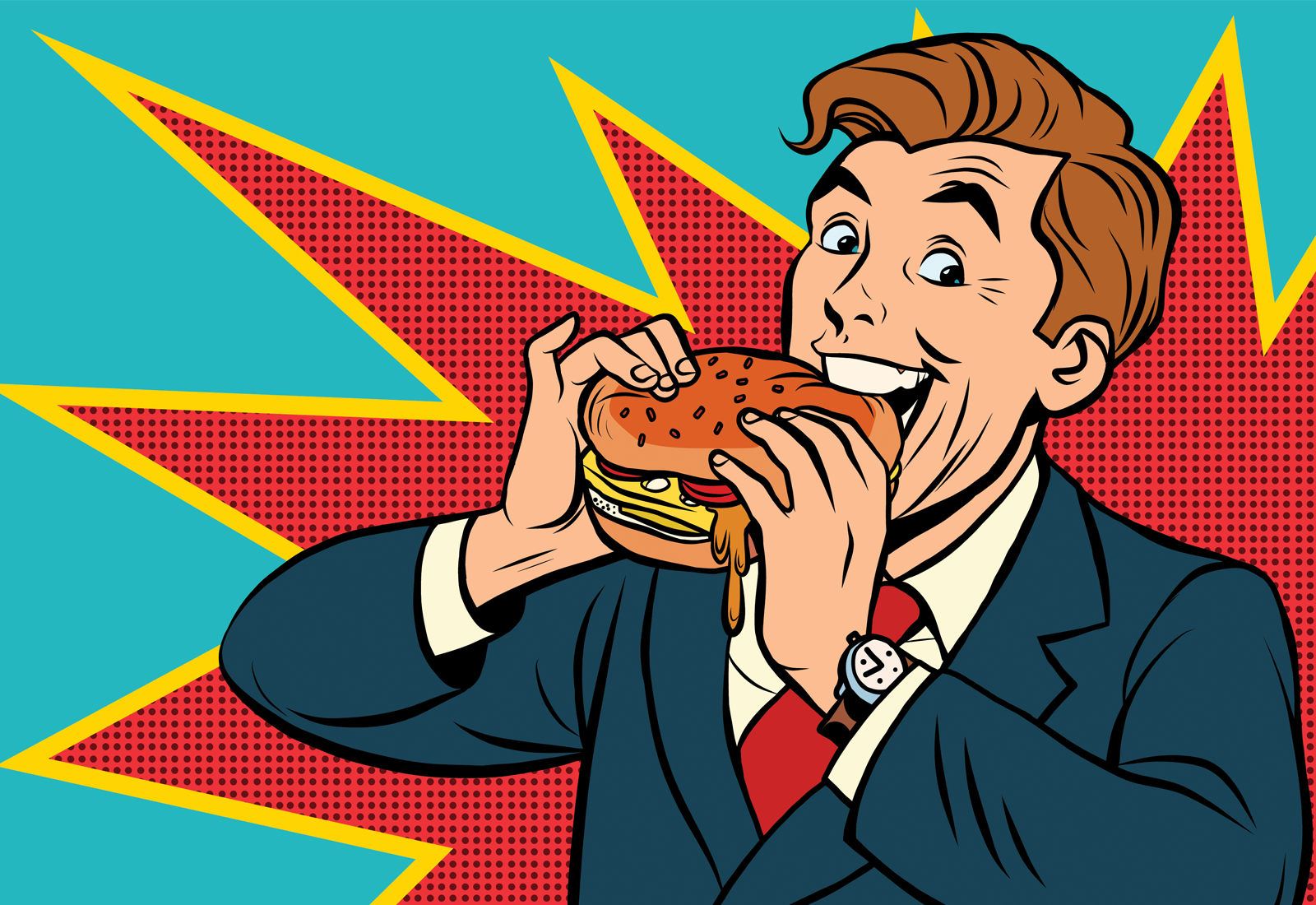
We will always get hungry. Our mind-body system, on an instinctive level, still thinks we live in an environment where food is scarce, and sometimes dangerous to get. Our mind body systems were designed to thrive when we were always on the hunt for food. We operate best when your hunger is always greater than the food available.
Sex – Men
Men will always be horny. Our mind-body system, on an instinctive level, still thinks we live in an environment where we would have one, sometimes zero, chance of ever expressing our sexual desire with a female. Since we can’t die from not expressing our sexual desire (unlike how we CAN die if we never satisfy our hunger in any way) always wanting, but never getting sex was a common human condition.
Sex – Women
Woman will always crave the attention of men. In an ancient environment, the best situation for a female (the now that feels most natural) is an environment where she has many suitors, and can choose the best one, or she can let them compete and she gets the winner. Metaphorically, this is very much like her egg being surrounded by millions of sperm, and her egg is constructed so only the strongest will get through and create a child.
Social Signals

Receiving positive social attention will always feel good. Receiving negative social attention will always feel bad. At it’s extreme, enough negative social attention feels close to death, one of the worst feelings we can feel as humans.
Since being kicked out of an ancient literally did mean death, the negative social attention that intends to motivate us (our ancient mind-body systems which drive our behavior today) to stay in the tribe, is our instincts last-ditch hope to save us from death.
The more negative social attention we get, the more horrible we feel, which is intended to make us correct our behavior so we don’t get kicked out of the tribe and die. It’s no wonder that negative pressure from social media can drive a young adult to suicide. The path from negative social pressure to death is programmed into our ancient mind-body system.
Social Status
All humans crave more power. We respond favorably to any action or imagined action that might increase our social status. We abhor any action, real or imagined that might lower our social status. Everything we interpret as increasing our social status means an easier time getting food and sex. Anything we interpret as lowering our social status means a harder time getting food and sex. All of this is unconscious and instinctive, and just like hunger, cannot be ignored.
Instinct Management
At the heart of managing all these is twofold. Just like hunger, we can calculate consciously how much we need to eat. In order to maintain control over what we eat, it’s best to have a goal that we imagine will cause more pleasure than the short term pleasure of eating more than we need to.
This is the structure of instinct management. To first consciously realize it is an instinct, not a real need. Second is to choose a larger goal, beyond the short term instinctive desire, and build up that goal as strong and compelling as possible, until its strength, as you imagine it, will be stronger than the desire for the short term instinctive pleasure.
Leverage Instincts Against Themselves
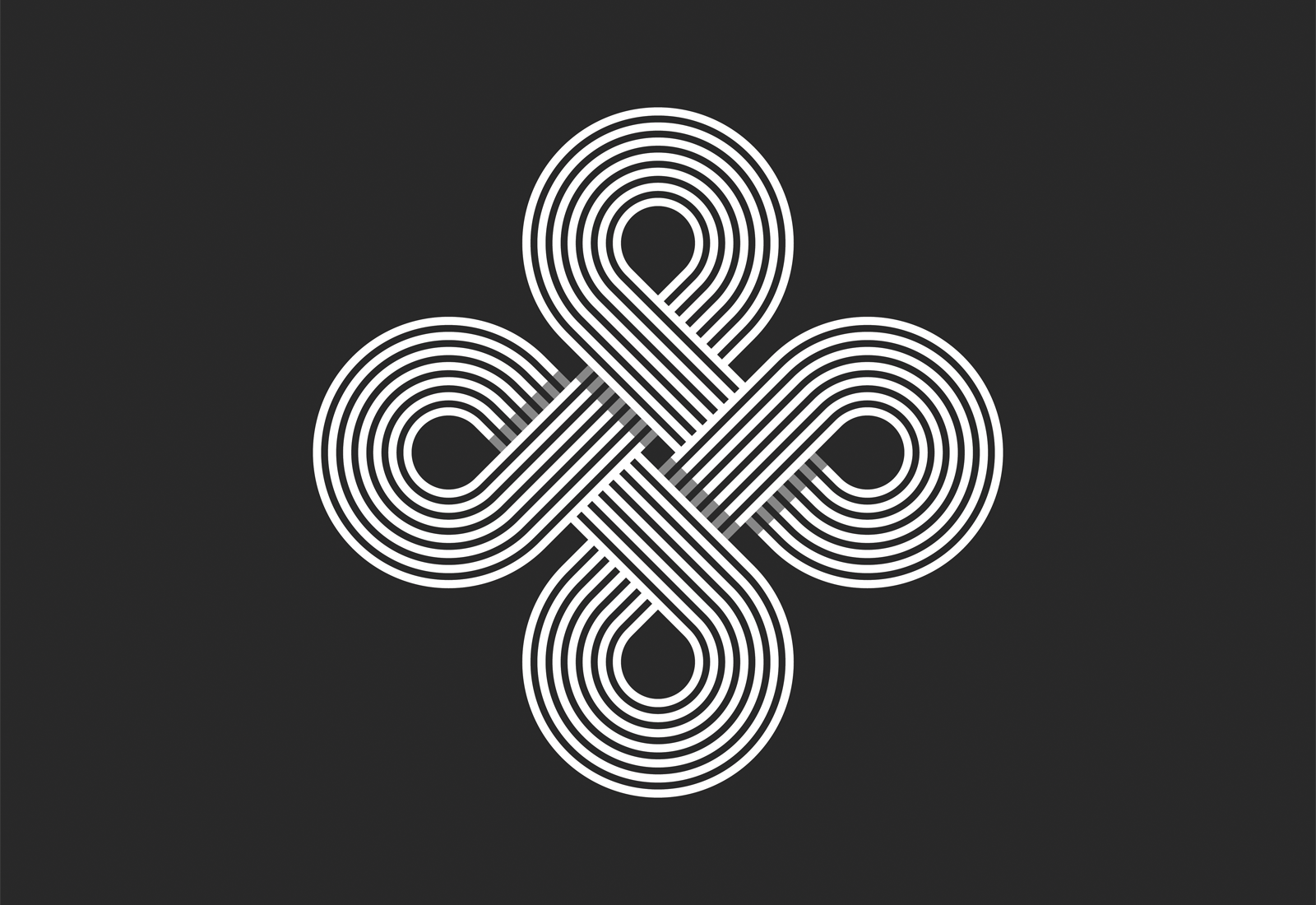
Food, popularity, social status, sex and money are all the basic motivating factors for human behavior, both in the short term, and in the long term. To avoid short term instinctive temptation imagine your goal in terms of any of the other instincts.
Algebra Trick
Consider four instinctive variables: Food, sex, social status, and money. Over come any one short term instinct by building a stronger, longer desire in terms of the other three.
Food
Short term hunger is a hard instinct to manage. To do so, consider building a long term goal in terms of sex, money or popularity. The idea is to make your long term goal stronger than the short term desire. Imagine an increase in popularity, sexual expression, or money as your long term goal, to overcome your short term food instinct.
Sex
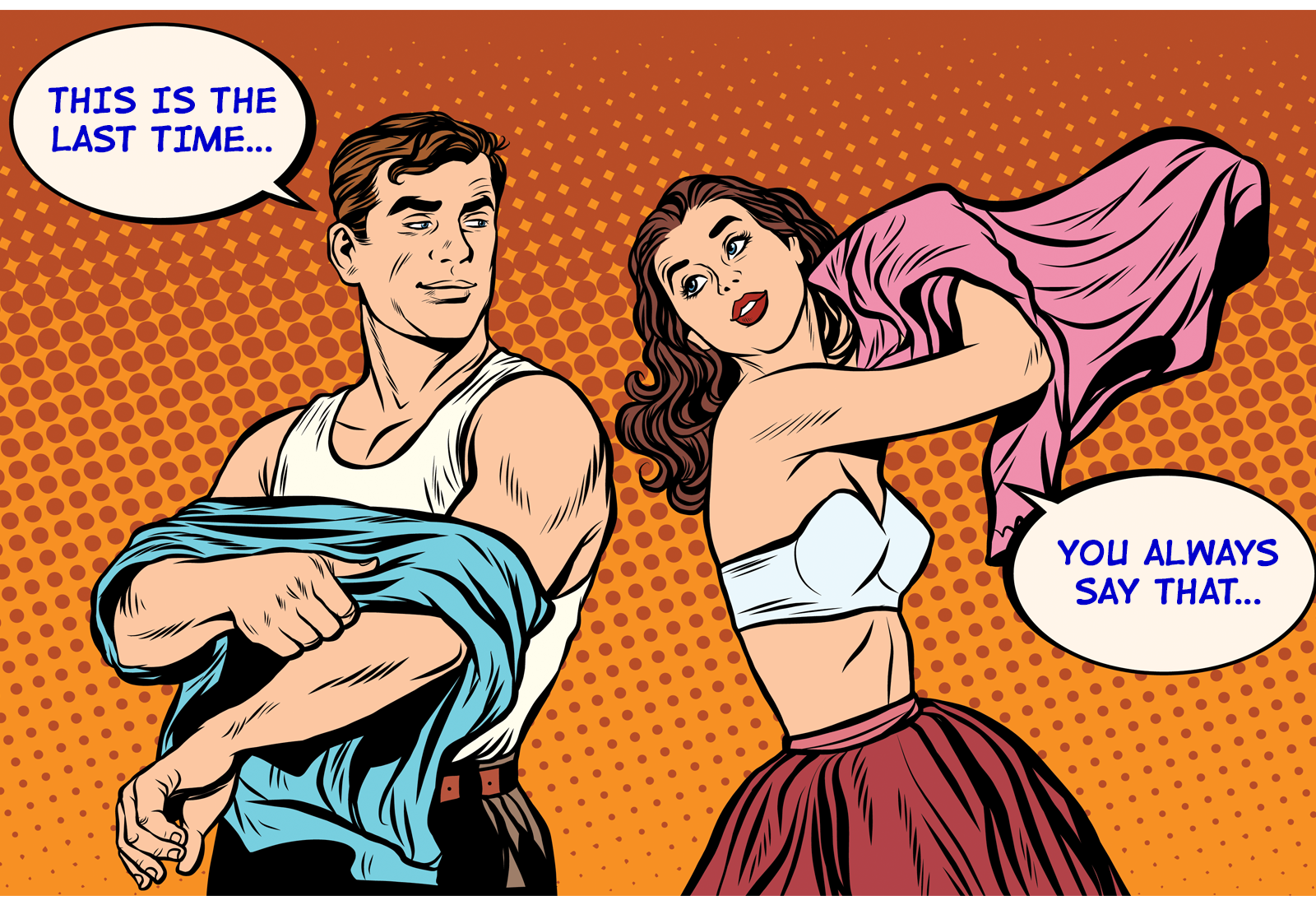
If you have an opportunity for short term sex that is not in your best long term interests, create a much bigger goal in terms of money, food, or social status. Or focus on the costs in terms of money, food, or social status.
Negative Social Status
Avoiding negative social pressure is a very strong emotional force that keeps many stuck. Most of the things we want in life (more money, more sex, better social status) require a short term period of potential negative social status or uncertain social pressure. To overcome this, build up a much stronger and more compelling force on the other side of the imagined social pressure. Imagine money, sex, popularity, food, etc. on the other side of your short term negative social pressure that is keeping you stuck.
Boring Activities

Sometimes we need to do things that we’d rather not do. Things that are boring, difficult, frustrating and don’t give us any pleasure in any of the four instinctive categories. Whatever the reason for the short term boring activity, put the reward for mastering it (or finishing it) in terms of sex, money, and social status. For example, if you need to study for exams, and all your friends are making money and having sex, imagine you will make more money and have more sex as a result of your studies.
Imagination Building
If you are choosing to eat a bowl of ice cream, that ice cream is right there in front of you. You don’t need to do any thinking to imagine how good it will taste. On the other hand, imagining being skinny and rich and desired by famous porn stars takes time and effort.
Consider that building up an imagined outcome far beyond the ice cream is something that will take practice. The more you practice imagining your far-off goals (one week or more) when you are not in the face of short term temptation, the easier it will be to use the strength of those far off goals (one week or more) when you DO have short term temptation.
Set and Build Imagined Goals
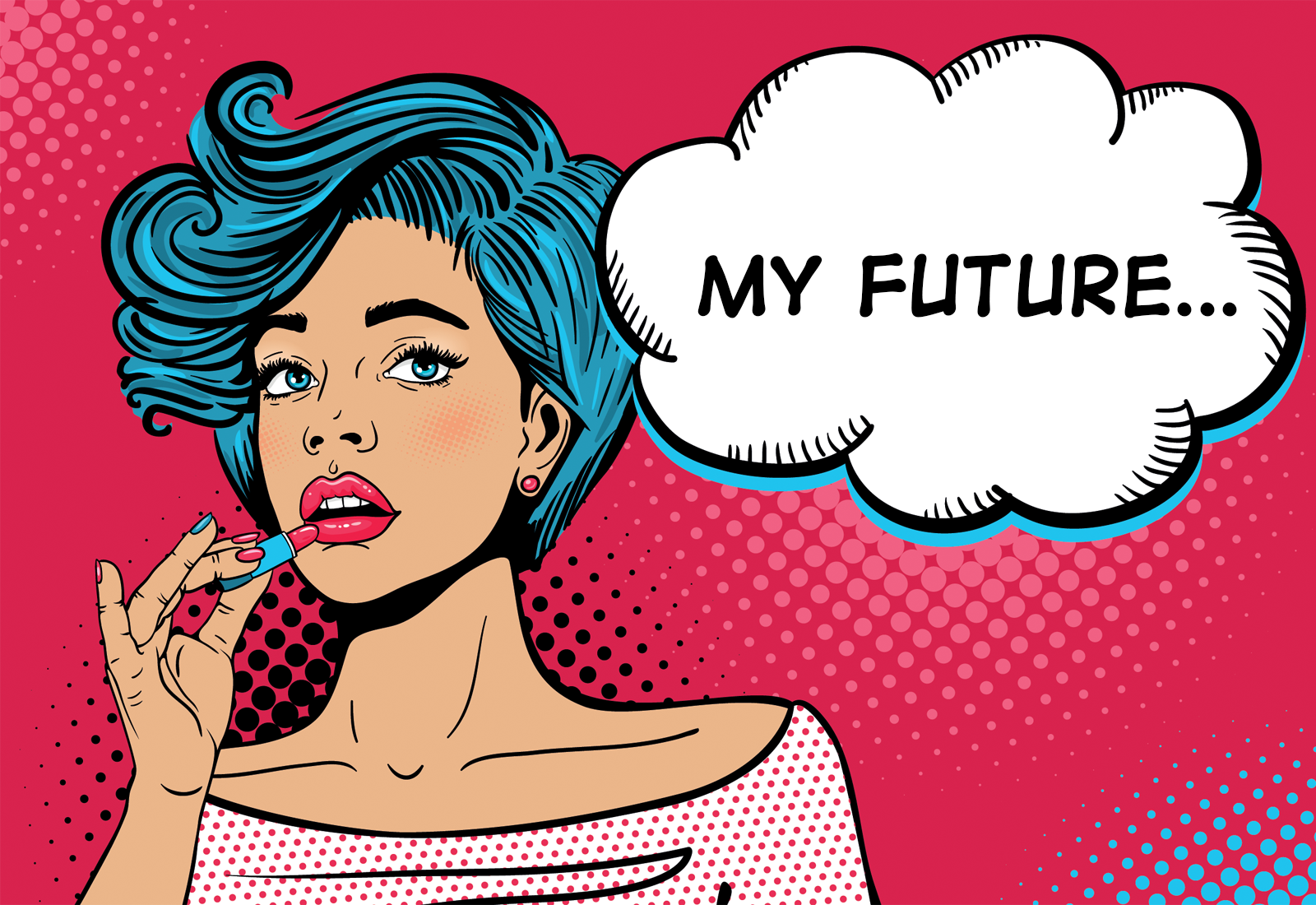
The more specific and realistic your goals are, and the more strongly you can represent them in terms of increased social status, money and sex, the easier you’ll be able to visualize them. Consider this something you should do daily, until the act of imagining your goals is pleasurable in and of itself.
When you get to the point where imagining your future goals is stronger than any short term temptation, then you will have successfully used your conscious mind to not only manage your ancient instincts, but to understand them and leverage them in your favor.
Further Study

Mind Persuasion has plenty of courses and books designed to help manage your ancient instincts and more easily create any future goal in many different areas. Click below to learn more:
Mind Persuasion Courses
Mind Persuasion Books